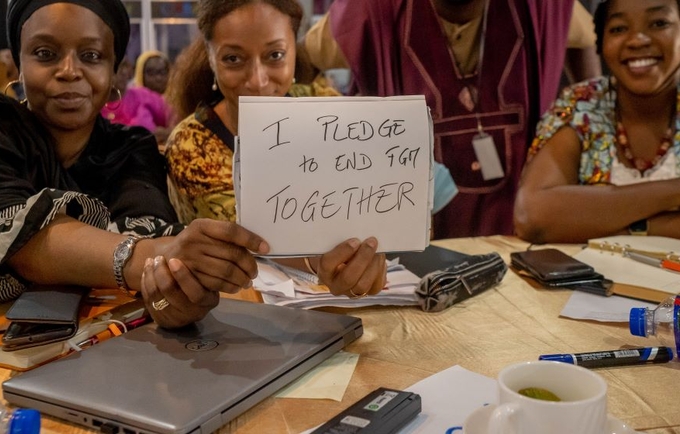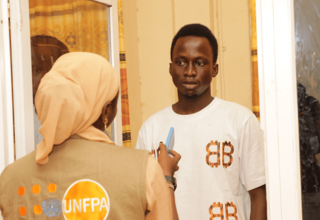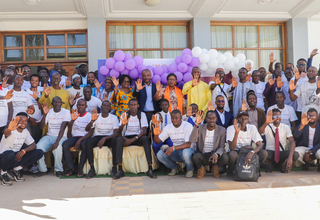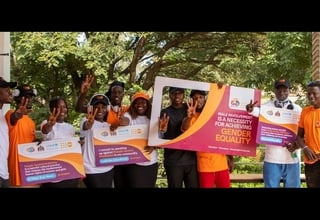The practice of female genital mutilation continues to further exacerbate deeply rooted gender inequalities in societies. It does this by reducing the opportunity for girls and women to achieve their rights and full potential regarding health, education, and income. According to the most recent statistics provided by the UNFPA, the practice of female genital mutilation affects about one in every four girls and women between the ages of 15 and 49. (FGM). Since these practices can potentially bring about major health issues, it is impossible to consider them safe.
In order to expedite and scale up joint efforts to eradicate such practices as female genital mutilation (FGM), The Gambia for the first time hosted the Joint UNFPA and UNICEF programme on the Elimination of FGM Technical Consultation on the 3rd of October 2022. The consultation brought stakeholders from 17 African countries to discuss strategies, mechanisms, and innovative approaches in tackling and combating the continuous harmful practice we face globally.
The UNFPA Country Representative Ndeye Rose Sarr stated that "There is a great need to accelerate our efforts to end FGM and deliver the global promise by 2030 and to recommit to our promise to the young girl in hard-to-reach communities and ensure that no woman or girl lives mutilated." She also stated that "there is a great need to accelerate our efforts to end FGM and deliver the global promise by 2030." She went on to underline the need to amplify our voices via the use of more innovative ways that can be adapted to the changing character of our society to realize the global promise we seek by the year 2030.

At the Annual Technical Consultation, participants were allowed to contribute and provide recommendations regarding implementing the Joint Programme on the Elimination of Female Genital Mutilation (FGM) and innovative strategies to deliver on the global promise to end FGM by the year 2030. Every girl has the right to determine what happens to her own body, and she has the right to select what her future holds for her. Every girl deserves the opportunity to grow up in a setting that is secure and free from violence. During the discussion, participants were allowed to share their own experiences to encourage more individuals to speak out against potentially harmful practices and say, "Let's EndFGM Together."
The United Nations Population Fund (UNFPA) will continue its collaboration with civil society organizations that participate in community-led education and dialogue sessions on the practice's health and human rights aspects through the joint program. The UNFPA will also continue its collaboration with traditional and religious leaders and the media to foster dialogues in the hopes of creating opportunities for addressing the problem at the grassroots level. The dialogues will be fostered to create opportunities for addressing the problem at the grassroots level. As a consequence of this, the United Nations Population Fund (UNFPA) will step up its efforts to put an end to female genital mutilation (FGM) as part of its larger mission to create a society that is better, fairer, safer, and more equitable for everyone. This will be done as part of UNFPA's larger mission to create a society.
***
Media contact: Faith C. Ememodo – UNV Communications Associate ememodo@unfpa.org




